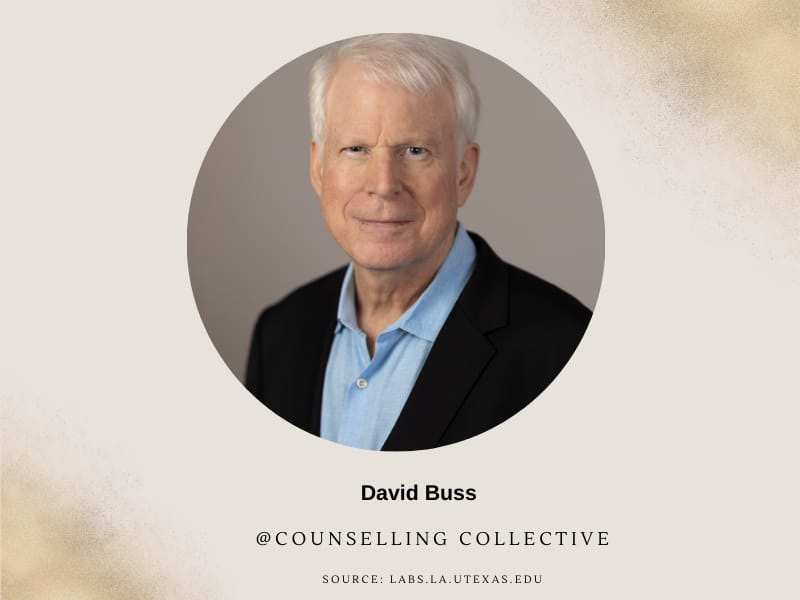Contents
Introduction
Kurt Lewin was a German-American psychologist widely regarded as one of the founding figures of modern social psychology. His contributions to the study of group dynamics, leadership styles, and field theory have had a profound influence on the fields of psychology, sociology, and organizational behavior. Lewin is best known for pioneering action research and developing the concept of force field analysis, which explored how various factors either drive or restrain change within organizations and groups. His work emphasized the importance of social environments in shaping individual behavior and helped lay the groundwork for applied psychology, particularly in areas such as leadership training, organizational development, and change management.
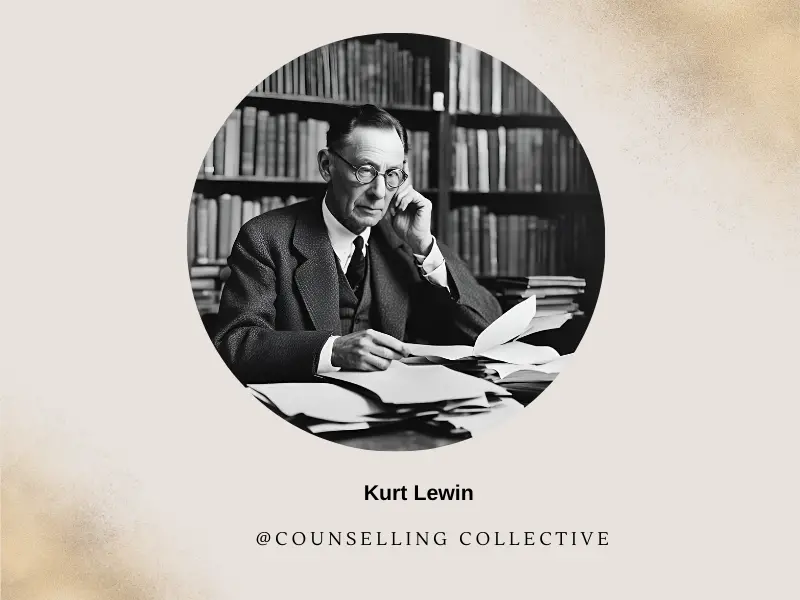
This article Analyzes into Lewin’s life, his major theories and contributions, and the lasting impact of his work on social psychology and organizational studies.
Early Life and Education
Kurt Lewin was born on September 9, 1890, in Mogilno, a town in what was then part of the German Empire. He grew up in a Jewish family and developed an early interest in philosophy and the natural sciences. Initially, Lewin pursued a career in medicine before shifting his focus to philosophy and psychology while studying at the University of Freiburg. Later, he transferred to the University of Munich, where he further explored philosophy and experimental psychology.
Image Source: michaelpapanek.com
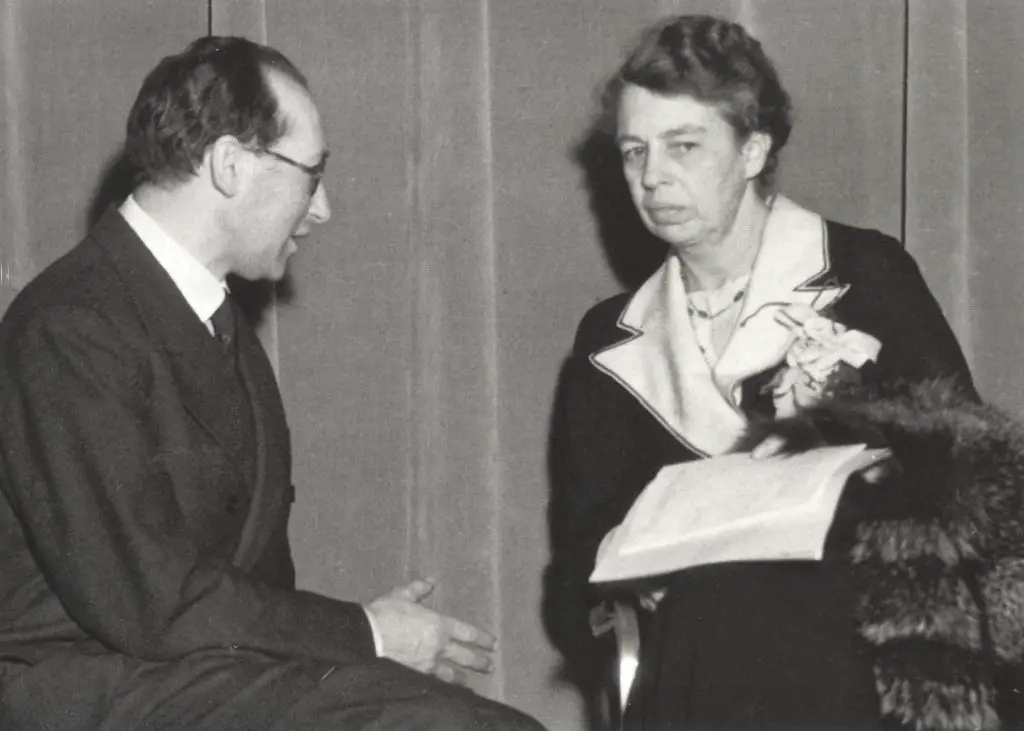
Educational Journey
| Aspect | Details |
|---|---|
| Undergraduate Education | Lewin began his studies in medicine at the University of Freiburg, but later shifted to philosophy and psychology at the University of Munich. |
| Doctoral Studies | He earned his Ph.D. in Psychology from the University of Berlin in 1916, focusing on Gestalt psychology and how individuals perceive their environments and social interactions. |
| Postdoctoral Work | Lewin’s postdoctoral work involved research in experimental psychology and social environments, where he began formulating his theories on group behavior and field theory. |
| Academic Positions | Lewin held various academic positions, including at the University of Berlin and later at Stanford University and MIT after emigrating to the United States during the rise of Nazism in Germany. |
Influences and Early Career
| Aspect | Details |
|---|---|
| Gestalt Psychology | Lewin was heavily influenced by Gestalt psychology, which emphasized the importance of seeing behavior as part of a larger, interconnected system rather than isolated actions. |
| Group Dynamics | His interest in how groups influence individual behavior emerged during his time at the University of Berlin and was further developed during his work in the United States. |
| Field Theory | Lewin’s concept of field theory drew from physics, proposing that behavior is determined by the dynamic interactions between an individual and their environment, particularly social forces. |
| Social Reform | Lewin’s work was also shaped by his desire for social reform and applying psychological theories to real-world issues, particularly in education, organizational management, and leadership. |
| Immigration to the United States | Lewin emigrated to the United States in 1933 to escape Nazi persecution, continuing his academic work at universities like Stanford and MIT, where he developed his theories on social change and action research. |
Major Theories and Work
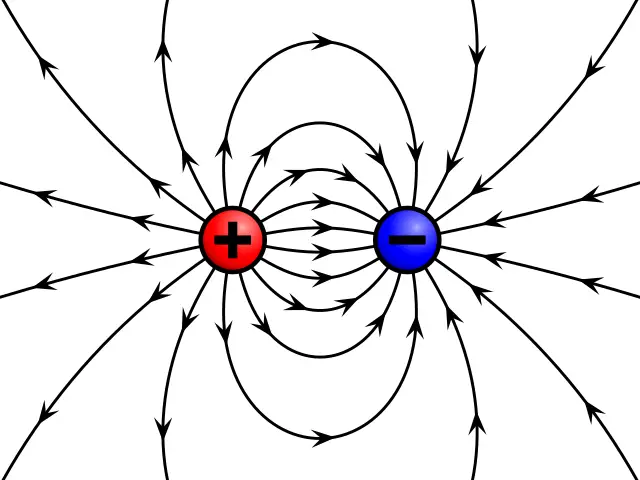
Field Theory
Lewin’s field theory is one of his most well-known contributions to psychology. It proposed that an individual’s behavior is the result of complex interactions between their personal characteristics and their environment, both physical and social.
- The Psychological Field: Lewin viewed behavior as being located within a psychological field or life space, which includes all the factors affecting an individual at any given moment. These factors include the person’s motivations, emotions, and environmental conditions.
- Forces in the Field: According to Lewin, behavior is influenced by forces within the field that either drive or restrain change. He conceptualized behavior as a product of the tension between driving forces (those that push toward change) and restraining forces (those that resist change).
- Applications: Field theory has been widely applied in various areas, including education, organizational psychology, and leadership training.
Image Source: teambonding.com
Lewin is also credited with pioneering the field of group dynamics, the study of how people behave in groups and how groups influence individual behavior.
- Group Conflict: Lewin was interested in how groups manage conflict and how group dynamics can be harnessed to resolve issues. He believed that by studying the forces that shape group behavior, psychologists could better understand how to foster positive group interactions and minimize destructive conflicts.
- Change Management: Lewin’s work on group dynamics has been instrumental in developing models for change management, particularly in understanding how groups resist or adapt to change within organizations.
Image Source: teambonding.com

Group Dynamics
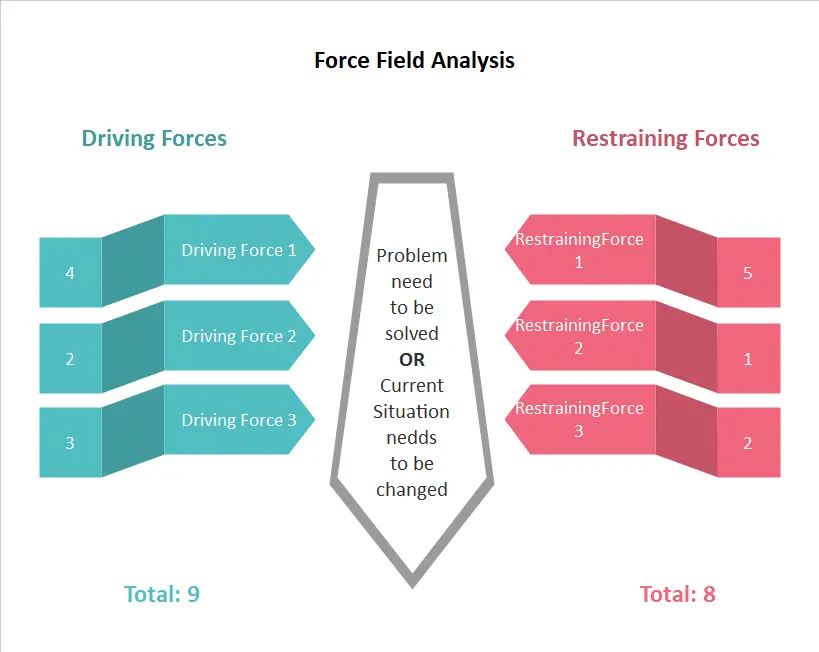
Force Field Analysis
Lewin developed force field analysis as a tool to understand the factors that influence decision-making and change in organizations. This model is used to identify the driving and restraining forces that affect the outcome of a given situation.
- Driving Forces: These are the factors pushing for change, such as leadership support, market demands, or internal motivations for improvement.
- Equilibrium: According to Lewin, when the driving and restraining forces are balanced, no change occurs. To initiate change, the driving forces must outweigh the restraining forces, and leaders or change agents must work to reduce resistance.
Image Source: edrawsoft.com
Famous Books and Publications

Principles of Topological Psychology 1936
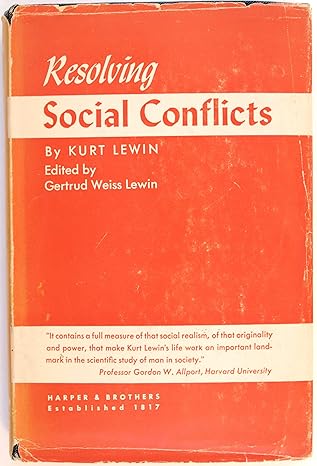
Resolving Social Conflicts 1948 by Lewin’s

A Dynamic Theory of Personality by Lewin’s
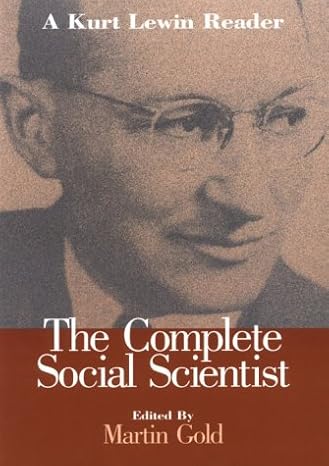
The Complete Social Scientist 1999
Influence on Contemporary and Future Psychological Research
- Organizational Psychology: Lewin’s work on force field analysis and group dynamics continues to influence the field of organizational psychology, particularly in the areas of change management and leadership development. His theories are widely used to understand how to implement change within organizations and how group dynamics affect productivity and morale.
- Social Psychology and Group Behavior: Lewin’s exploration of group dynamics laid the foundation for modern social psychology. His research on leadership styles, group decision-making, and conflict resolution has inspired further studies on how social environments shape individual behavior and influence group outcomes.
- Educational Reform: Lewin’s action research model has had a lasting impact on education, particularly in the development of methods for improving classroom teaching and learning. His emphasis on using research to solve practical problems has encouraged a more dynamic approach to educational reform.
- Leadership Studies: Lewin’s identification of leadership styles and their impact on group behavior has been influential in the study of leadership and the development of models for effective leadership in both educational and organizational contexts.
Psychologists and Educators Influenced by Kurt Lewin
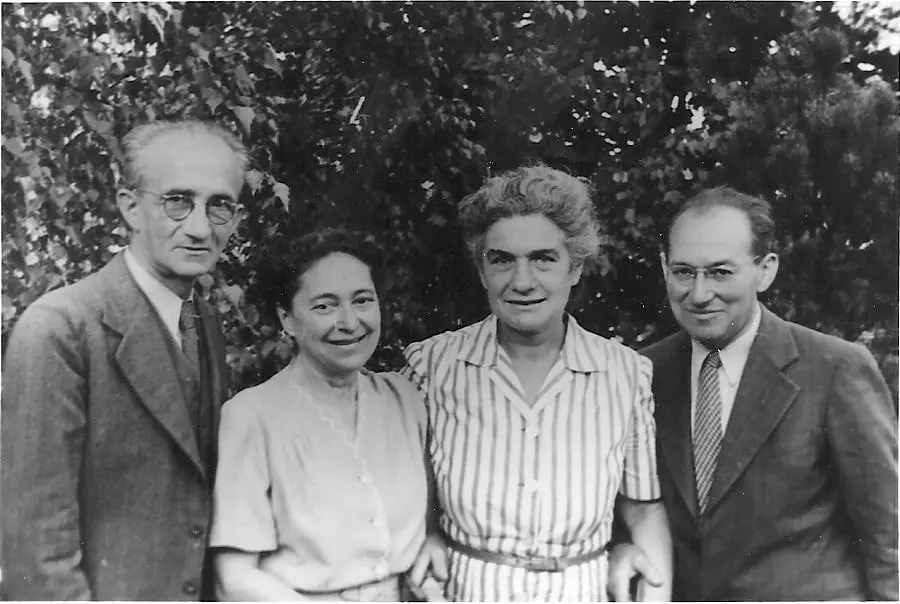
- Ronald Lippitt: Lippitt worked closely with Lewin on group dynamics and later expanded his research into leadership and group development. Lippitt’s stages of group development are still used in understanding how teams form and evolve over time.
- Edgar Schein: A prominent figure in organizational psychology, Schein was influenced by Lewin’s work on group dynamics and change management. Schein developed the concept of organizational culture and used Lewin’s theories in his research on how organizational change occurs.
- Tavistock Institute: Lewin’s work on action research and social change had a major influence on the founding of the Tavistock Institute in London, which focuses on applied social science research and has played a leading role in developing theories of organizational behavior and systems theory.
- Bruce Tuckman: Tuckman’s theory of group development stages (forming, storming, norming, and performing) was influenced by Lewin’s research on how groups evolve over time and the forces that drive or hinder group performance.
- Peter Senge: A leader in systems thinking and organizational learning, Senge was influenced by Lewin’s field theory and ideas about how groups and organizations function as dynamic systems. Senge’s work on learning organizations builds on Lewin’s ideas about change and group interaction.
Impact on Psychology and Organizational Studies
- Influence on Modern Thought: Kurt Lewin’s exploration of group dynamics, field theory, and force field analysis has fundamentally shaped our understanding of social psychology and organizational behavior. His theories on how individuals and groups interact with their environments continue to influence fields as diverse as leadership studies, education, and business management. Lewin’s work emphasized the importance of the social context in understanding human behavior, challenging the view that behavior is purely a product of internal psychological processes. His research has provided a framework for understanding how groups function, how change occurs, and how leaders can influence group dynamics.
- Legacy and Recognition: Lewin’s contributions to psychology and social science have earned him recognition as one of the most influential figures in social psychology and organizational development. His development of action research, field theory, and force field analysis continues to be widely applied in both academic research and real-world practice. His legacy is particularly evident in the fields of leadership development, organizational change, and group behavior, where his theories continue to shape how researchers and practitioners approach the dynamics of social interaction and systemic change.
Conclusion
Kurt Lewin’s pioneering work in social psychology and organizational behavior has had a lasting impact on both academic research and practical applications. His theories on group dynamics, leadership, and change management have provided valuable insights into how individuals interact within groups and how organizations can effectively manage change. Lewin’s contributions to field theory and action research have also influenced the way psychologists and social scientists approach problem-solving and social change. His enduring legacy ensures that his work will continue to inform and inspire future generations of psychologists, educators, and organizational leaders.
Bibliography
- Lewin, K. (1935). A Dynamic Theory of Personality. McGraw-Hill.
- Lewin, K. (1947). Frontiers in Group Dynamics. Human Relations.
- Lewin, K. (1951). Field Theory in Social Science: Selected Theoretical Papers. Harper & Row.
- Lewin, K. (1946). Action Research and Minority Problems. Journal of Social Issues.
- Lewin, K. (1936). Principles of Topological Psychology. McGraw-Hill.
- Schein, E. (1996). Kurt Lewin’s Change Theory in the Field and in the Classroom: Notes Toward a Model of Managed Learning. Systems Practice.
- Cartwright, D. (1952). Field Theory in Social Science. University of Chicago Press.
- Lippitt, R., Watson, J., & Westley, B. (1958). The Dynamics of Planned Change. Harcourt, Brace.
- Senge, P. (1990). The Fifth Discipline: The Art and Practice of the Learning Organization. Doubleday.
- Tuckman, B. W. (1965). Developmental Sequence in Small Groups. Psychological Bulletin.




